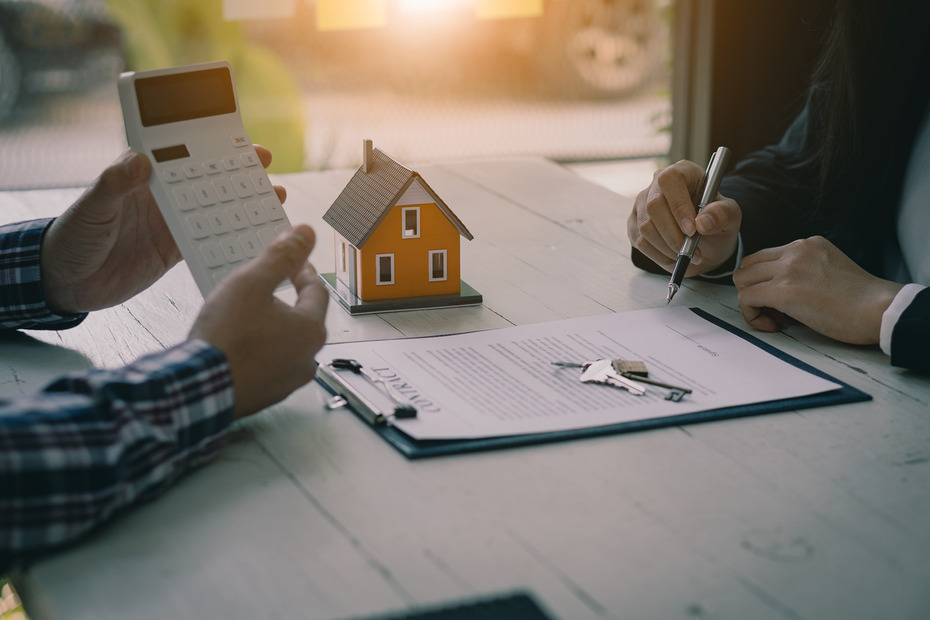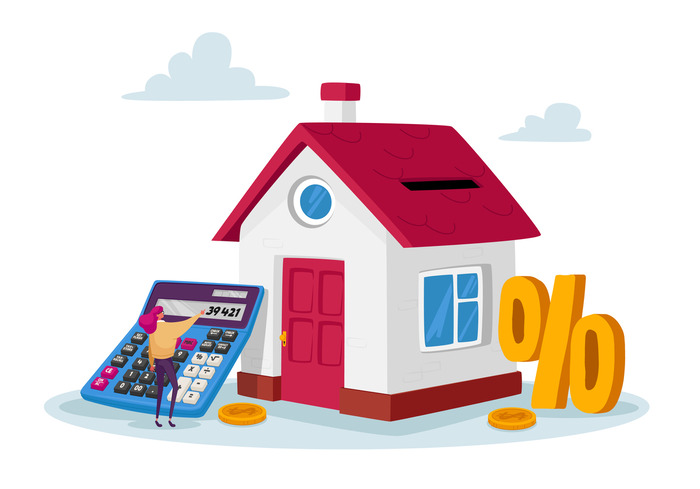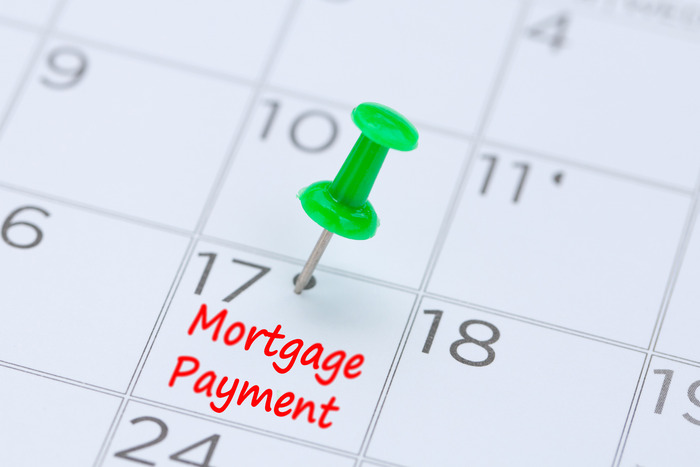Money and Mortgage How Can You Calculate Home Equity?

One of the benefits of buying a home is building equity and using it for remodeling, debts, future college tuition, and other financial burdens, among other reasons. But, what exactly is home equity, and how do you build it? Follow along to learn the answers to common home equity questions, how to calculate it, and how to take full advantage of homeownership.
What is Home Equity?
According to Investopedia, home equity is the value of a homeowner's interest in their home. In simpler terms, your home equity is the difference between your outstanding mortgage balance and what your home is currently worth. The price of your home will fluctuate even after you buy it, depending on the state of the market.
Example: If you owe $150,000 on your mortgage loan and your home is worth $200,000, you have $50,000 of home equity.
How to Increase Your Home Equity
Your home equity can increase in two ways: by paying off your mortgage or increasing the value of your home. This can be done by keeping your home updated by adding more rooms, a pool, and more. However, be aware that your home equity can also fall if your home's value drops quicker than the speed at which you're paying off your mortgage.
 How to Calculate Your Home Equity
How to Calculate Your Home Equity
To calculate your equity, you must know the current value of your home. Contact a real estate appraiser for an official valuation. If you want to do it without help, look at comparable home sales in your area, but consult a professional for the most accurate results. Once you know the value of your home, subtract that by how much you paid on your mortgage. The difference is your home equity.
Best Ways to Build Home Equity
Thankfully, there are plenty of ways to build your home equity, including:
Make a Big Down Payment
The bigger the down payment, the more home equity you will have. For example, if your new home is $200,000 and you put down $10,000, you will owe $190,000 on your loan, giving you $10,000 in equity. It is recommended to put down 20% of your home's value.
Stay on Top of Your Mortgage Payments
Each mortgage payment you make will go towards the principal balance on your home loan, property taxes, and homeowners insurance. When you begin paying off your loan, a smaller amount will go toward lowering your principal balance while the majority will go toward interest. However, the longer you have your mortgage, more money will go toward your principal balance and building equity.
Be aware that not all loans work this way. For example, interest-only or non-amortizing mortgages will not reduce your principal balance or build equity. Instead, those payments will go solely toward interest, property taxes, and insurance.
 Live in Your Home for at Least 5 Years
Live in Your Home for at Least 5 Years
Though you can never really know which way the market will go, your home will likely grow in value as the years pass, especially if you keep it updated. You will increase the valuation the longer you live in it.
Keep Updating and Add Curb Appeal
As mentioned above, keeping your home fresh will increase its value. Make sure to conduct yearly maintenance checks on the HVAC, plumbing, and roofing. An old roof is a sure way to deter buyers when you decide to sell. Think about renovating the basement or adding a room for increased square footage. Any additions done in good taste will go towards the value of your house and, in turn, build up your equity.
Also, don't forget the exterior! A shabby yard and cracking paint can lower your home's value. A photogenic home will stand out against the competition in the market.
Want to learn more homeowner tips? Subscribe to our blog or get in touch with a HomeHunt professional today!